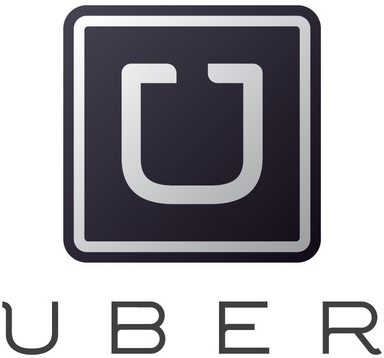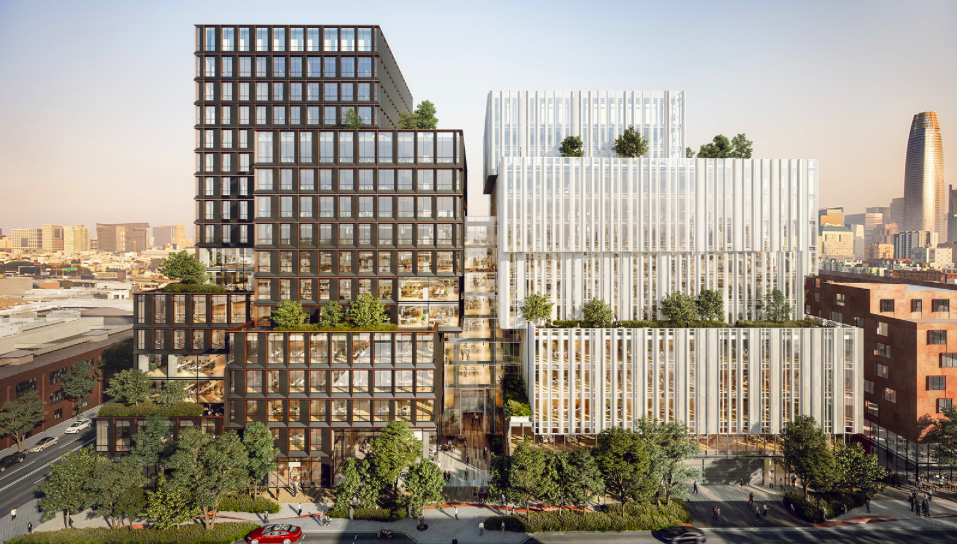The California Department of Housing and Community Development wants to know what you think the most important issues in your community are. And there’s a survey! It’s right here. Most of the questions have re-set answers, and most of it is not terribly helpful, but there are a few blanks you can fill in.
I wrote that the most important things the state could do to improve my community are repealing the Ellis Act and Costa Hawkins, allowing commercial rent control, and allowing cities to impose income taxes on corporations and rich individuals.
You, of course, can make your own statements. I don’t suspect anyone will really be listening, but it’s worth the five minutes.
The Land Use and Transportation Committee will hold a hearing Monday/22 on the climate emergency and the city’s need to make deep reductions in greenhouse gas emissions. The Department of Environment will make a presentation on its recent Pathway to Net Zero Emissions report, which you can read here.
The report breaks down the city’s emissions into three major areas, buildings, transportation, and waste. It starts off with an ambitious assumption that by 2030 nearly all of the city’s electricity will come from non-GHG sources.

That’s possible – but unlikely unless the city can get rid of PG&E as its primary supplier of electricity.
Most the buildings section talks about shifting from natural gas to electric power (although construction also causes a lot of emissions, which really isn’t addressed in the report). Again: This all depends on establishing a renewable energy base, since electricity that’s generated from PG&E’s fossil-fuel plants isn’t any cleaner than existing natural-gas systems. (The same goes for electric cars – they’re only “clean” and GHG neutral if the electricity they use to charge their batteries comes from renewable sources. Right now, a lot of it doesn’t.)
Then we get to transportation – where the report ignores one of the biggest issues facing the city: Uber and Lyft, which are encouraging people to get off public transportation and into cars. From the study:
Help us save local journalism!
Every tax-deductible donation helps us grow to cover the issues that mean the most to our community. Become a 48 Hills Hero and support the only daily progressive news source in the Bay Area.
San Francisco is fully committed to implementing its Transit First policy, which focuses on getting people out of cars by increasing the share of trips made by sustainable modes such as biking, walking and transit.
Actually, San Francisco has not been fully committed to that policy. San Francisco under Mayor Ed Lee allowed the so-called Transportation Network Companies to proliferate and grow until the state was able to take over and keep the city from regulating them. Now, the streets are choked with cars, and every other one seems to have a Lyft or Uber sticker on it.
And remember: Uber has freely acknowledged that its future as a profitable company relies on getting people to stop riding trains and buses and to ride in cars instead.
The report admits that the city is having trouble with its transportation emissions:
Despite this progress, success in reducing transportation-related emissions has been slower. Since 1990, emissions from the transportation sector have decreased by only 10%. In 2017 San Francisco’s rapidly evolving transportation sector was responsible for 46% of citywide emissions, with most of these (71%) coming from private cars and trucks that also cause severe traffic congestion, safety hazards, and negative impacts on quality of life.
But it says nothing about Uber, Lyft, Postmates, Uber Eats, or any of the other car-based transportation and delivery apps.
There’s a vicious cycle here. If cars jam the roads, then Muni – which is largely a surface-transport system – can’t get through. Then more riders complain that Muni is too slow and take an Uber. Then the streets get more crowded and Muni goes even more slowly.
We see this in a new study that shows since the arrival of the TNCs, Muni ridership is down. So is biking and walking.
Sup. Rafael Mandelman, who called for the hearing, is not a fan of the way Uber and Lyft treat their drivers. It would be nice to hear some city officials talk about how they treat the city’s streets and its environment (and why it’s okay for the city to pay for its employees to take Ubers instead of the bus even on local trips).
The hearing starts at 1:30pm in the Board Chamber.
Land Use will also be looking at the longstanding issue of employee cafeterias. Sup. Aaron Peskin has been trying for months to get regulations limiting the ability of tech companies to build onsite cafeterias, which ensure that small local restaurants in places like mid-Market suffer because workers never leave the office.
The latest manifestation isn’t a total ban on cafeterias, but a requirement that the Planning Commission issue a conditional use. That requires a hearing and can be appealed. It’s a step.
The Rules Committee is looking at ways to help small businesses who will lose money because of the city’s ban on flavored tobacco products (that is, Juul). Sups. Shamann Walton and Sandra Lee Fewer, who supported the ban (it was Walton’s bill), want the Small Business Commission to convene a working group to look at how to deal with the estimated $50 million a year in losses that the legislation could cause.
There’s a larger issue here.
Small businesses in San Francisco are getting hammered – by high rents, by greedy landlords ending leases, by Amazon, by Uber Eats (these delivery places take a big cut from the restaurants) … it’s no secret that there are vacant storefronts all over town.
And the city never seems to do much to help them – not, for example, compared to what the mayor and the supes did to attract big, wealthy, tech companies to mid-Market with a $70 million tax break. Or compared to what they city has done to help big real-estate developers violate local zoning laws.
I’m not a fan of Juul, which made a point of marketing to kids, hooking a new generation on nicotine just as the nation was making progress in the battle against youth smoking.
But I do think the city needs to consider why the big corporations get all the support and tax breaks, and the small businesses that make this city worth living in get nothing.
Perhaps this should go beyond just Juul – sorry, merchants, but selling poison to kids is just not okay – and look at how some of the handouts that have gone to corporations that don’t need them can be redistributed to small businesses that do.
The Planning Commission takes up Thursday/25 a massive project at 88 Bluxome, which will use nearly all of the city’s Prop. M office allocation for the next year. The project includes 775,000 square feet of office space, much of it already leased by Pinterest, and 106,000 square feet of affordable housing along with a new community recreation center and retail.

The numbers all sound impressive until you stop to look at them.
A building with 775,000 square feet of office space will attract around 3,100 employees. According to the best estimates, 33 percent of them will need affordable housing. That means the building will create the demand for about 500 units of affordable housing.
The promise of 106,000 square feet of affordable housing is lovely – except that even if those are pretty small units (500-600 square feet, way to small for families) we’re talking maybe 175 units.
That’s way less than half of what’s needed – meaning the city would be on the hook for the rest. Let’s see – we’re short 325 units, at about $700,000 a unit … that’s about $220 million, or a third of the mayor’s entire fall housing bond.
Just for this one project.
But I bet it sails through – because the sponsor is TMG Partners, whose partners give big chunks of money to a long list of local politicians (and right there on the top of the TMG Advisory Board is plutocrat Ron Conway, who was a big supporter of Mayor London Breed.
And we wonder why there is a housing crisis in San Francisco.




